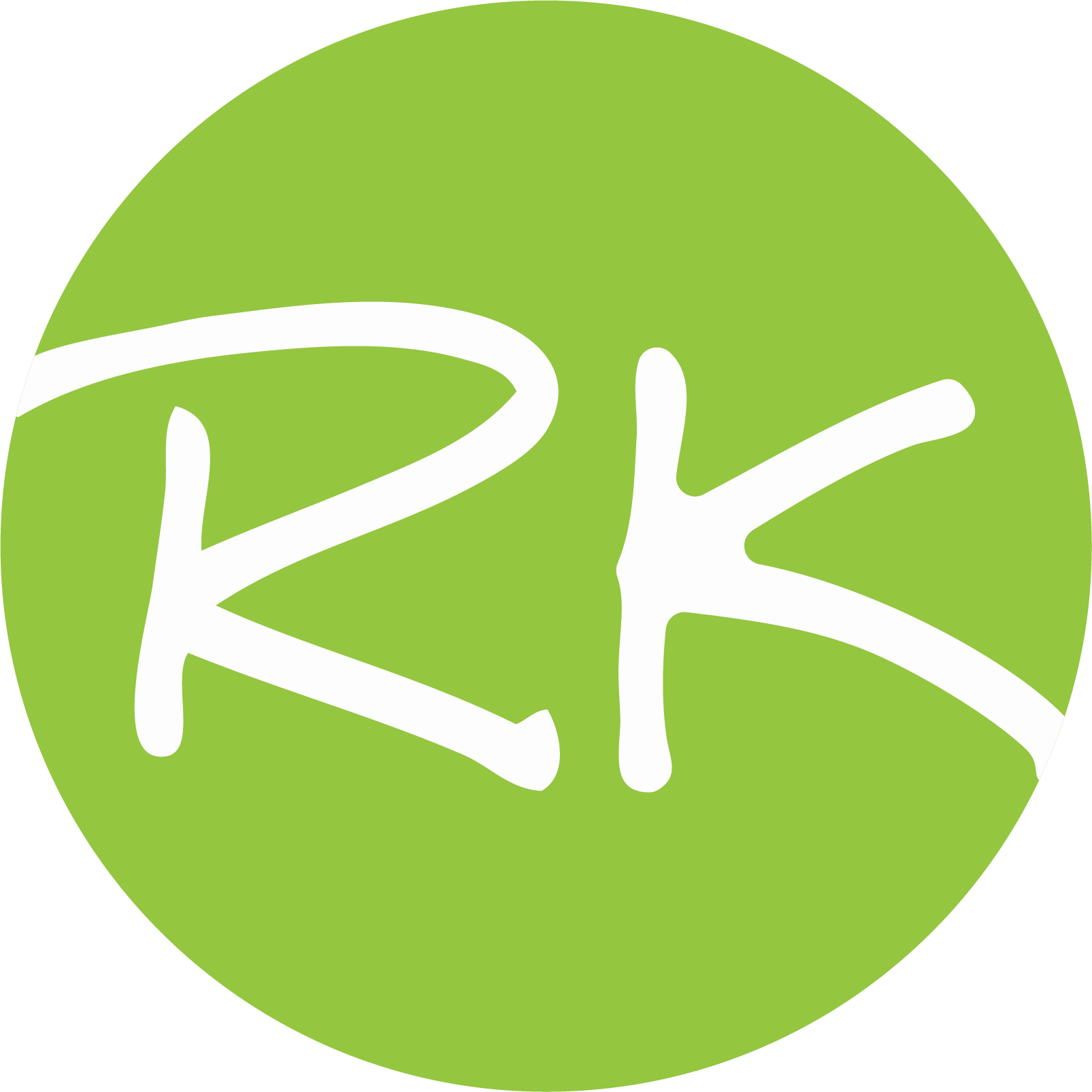Subscribe to the audio blog on your favorite podcast app: Subscribe
Have you ever wondered why work seems meaningful to some and not to others? Perhaps it has to do with how we see ourselves. Are we creators or employees?
There are a few recordings that playback in the mind of innovators and creators and they begin early in life. In grade school, the teacher says, “Sit still, color within the lines, and stop daydreaming.” They scolded us for the doodles on the edge of the folder and shamed us for our sensitivity. In the old days, teachers simply put you in the corner of the room. The mission of education, in the mind of a myopic society, aims for conformity and uniformity. Sticking out threatens the general order. Things are simply the way they are and if you want to challenge it, you will pay the price. The schoolyard wasn’t a safe place for kids who dreamed of something better than sitting still at a cold, metal school desk. Inside there was always a voice saying, “There is more.”
As we get older, the recordings get a bit more sophisticated. “Richie, why don’t you stop practicing the piano so much? You can’t earn a living at it.” Kids would play ball while I was inside, obsessed with Mixolydian scales and syncopation. Then, I arrive at music school. The piano instructor there tortured me with the most awful modern pieces ever composed. We were told that our worth depended on how perfectly we mimicked dead composers. The competition was fierce, and we were shown that Machiavellian schemes were necessary to occupy the seat of the diva, the maestro, or the star. But we wanted none of these in the first place. Later, we enter the workforce and realize it feels a lot like that cold, metal desk from the third grade. Employees sit still. Creators doodle.
Remember, we were that small child who dreamed of making something better, not dominating. And we didn’t believe that being dominated was part of the deal either. The voices repeat: “You should get a real job. You should learn something you can fall back on.” If you listen carefully, beneath these recordings, your soul whispers, “Keep creating.” It barely cuts through the noise of the schoolyard bully’s rant, the teacher’s shame-inducing correction, and music school’s dehumanizing worship of perfectionism. What’s haunting is that most of these recordings are from people we love, deepening the wounds. The scripts can crush our will, yet we still dream of making something—of ourselves, and for the world.
The secret is this: we are all wired to create! So if we deny the urge to make something better, help someone smile, or express our laments, loves, and hopes, we reject our very existence. We forget we are humans and that what makes us human is our design as creators. Imago Dei is the term both Jews and Christians put to this thought: we are made in the very image of the Creator. Scientists and researchers prove people are unique to any creature on earth—we create. Tolkien, the author of The Lord of the Rings, calls us “sub-creators.” The one thing science, religion, and good sense all agree with is this: to be human is to create. This is why death and destruction are evil enemies. One ends our creativity. The other reverses it.
I’m not alone. I’m pretty sure someone reading this feels the tension between the get-a-real-job voices and the desire to dream and create. There is nothing wrong with paying the bills. I’ve cleaned toilets, delivered papers, worked as an accounting clerk, and drove for a rideshare app—among working many other real jobs. I could make more money and look better on paper, but that doesn’t matter if I never listen to the voice of my true self. Want fewer regrets in life? No matter what your job, keep creating.
I’d love to hear from you! How do you keep creating?

